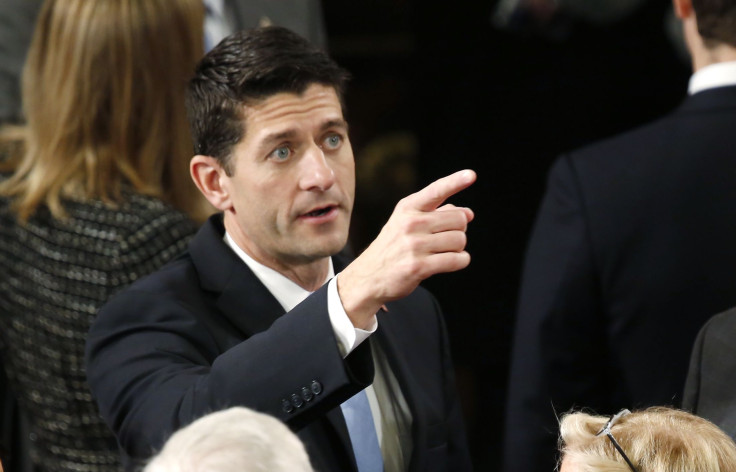
“There will be no comprehensive immigration reform under this president,” Paul Ryan told the National Journal on Tuesday, confirming a promise he made to help him secure the top spot in the Republican leadership. On Thursday, Ryan won his bid for Speaker of the House, thanks in part to his no-immigration-reform pledge. It was not initially clear what Ryan, a Republican moderate, had promise the GOP’s Freedom Caucus in the closed-door meeting that won him their approval.
Immigration advocates had hoped that Ryan’s predecessor, John Boehner, might put a comprehensive reform bill up for a vote.
“With Speaker Boehner stepping down and his job no longer on the line, there is no reason not to have a vote,” said U.S. Rep. Luis Gutierrez (D-Chicago), whose quote was reproduced in a Chicago Sun-Times editorial urging Boehner to do just that.
That didn't happen. With Ryan promising to keep immigration bills from coming to a vote, he ensures that no reform will come until at least 2017 aftera new president takes office. That obstructionism flows both ways: it's highly unlikely that President Obama would sign any piecemeal immigration bill, such as a border security law, that Democrats don't like.
Ryan, like his predecessor, supports sweeping immigration reform. Immigration opponents fear his rise to power, calling him a member of the “immigration mafia.” However, he told The Journal that he opposes the 2013 Gang Of Eight bill that Gutierrez mentioned in that quote.
Ryan’s pledge to keep broad immigration bills from coming to a vote is an offshoot of the “Hastert Rule.” The informal agreement, championed during Republican majorities since the 1990s keeps bills from coming to the floor unless the have broad party support, even if those bills are supported by the majority of all members.
© 2025 Latin Times. All rights reserved. Do not reproduce without permission.




